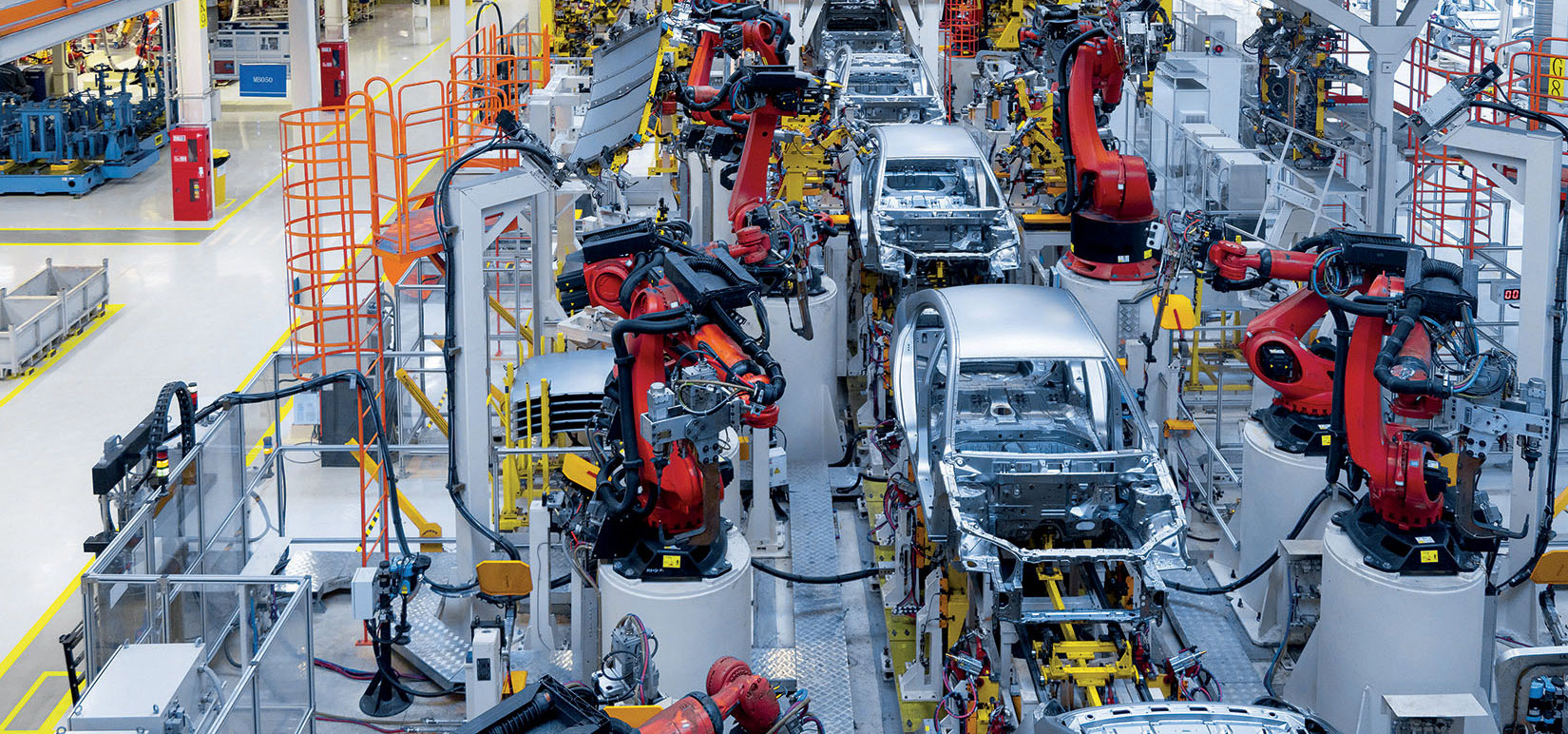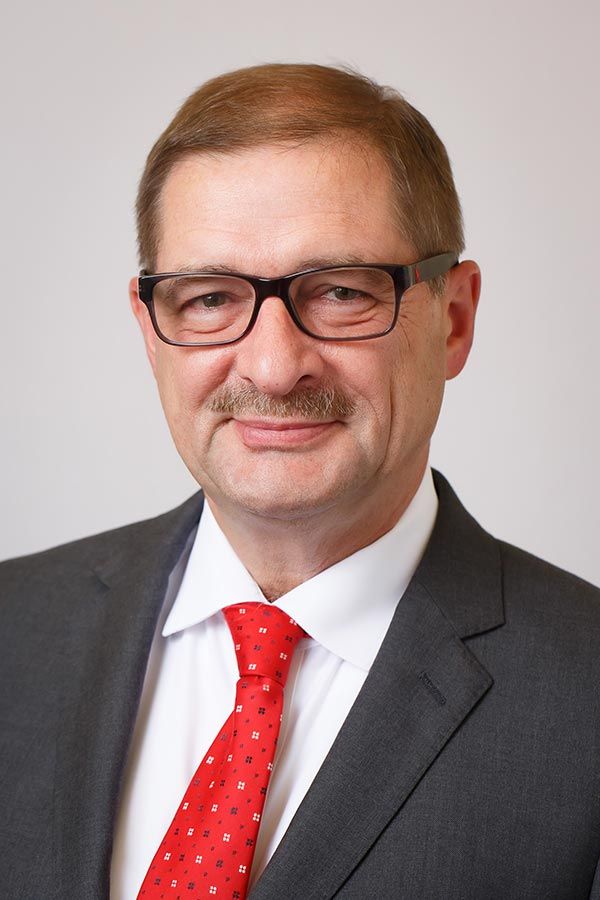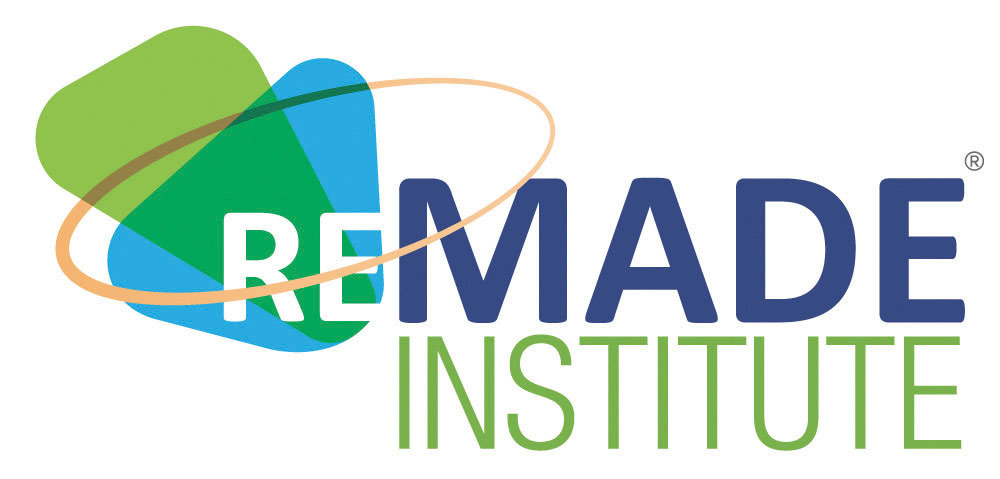
While the jury is still out on the effectiveness of plastics recycling, the story with aluminum is generally regarded as a success. The material is “infinitely recyclable,” meaning it can go through the process over and over, and doing so requires just a small fraction—an estimated 5 percent—of the energy it takes to produce aluminum directly from mined ore.
But recycling isn’t the end-all: Actually reducing the amount of primary aluminum that manufacturers of vehicles and aircraft, electrical components, construction materials, and other goods demand would further cut fossil-fuel emissions and avoid the negative environmental impacts of mining.
 It’s a job for materials optimization and one that researchers at Lehigh are ready to tackle through a new project funded by the REMADE Institute.
It’s a job for materials optimization and one that researchers at Lehigh are ready to tackle through a new project funded by the REMADE Institute.
“The objective of our project is to optimize the existing technological process, such as aluminum extrusion, that cannot be completely eliminated or replaced by another process,” says Wojciech Z. Misiolek (pictured), chair of the Department of Materials Science and Engineering and Loewy Professor of Materials Forming and Processing. “A better understanding of the technological process and material response to the processing parameters will allow better process design for high-quality products with a minimized amount of metal scrap.”
Misiolek, who is an expert in metals processing and directs Lehigh’s Loewy Institute, led the university’s effort to join REMADE last year. This large-scale partnership brings together industry, academic institutions, and national labs to help reduce manufacturing emissions and transition the U.S. to a circular economy.
A circular economy, according to the EPA, “reduces material use, redesigns materials, products, and services to be less resource intensive, and recaptures ‘waste’ as a resource to manufacture new materials and products.” This systems-based approach is seen as a way to tackle large, global challenges including climate change and pollution.
 REMADE, which was founded in 2017 and now has more than 150 members, seeks to develop new methods and reduce the costs of technologies that will enable manufacturers to design and implement transformative systems that will underpin a circular economy.
REMADE, which was founded in 2017 and now has more than 150 members, seeks to develop new methods and reduce the costs of technologies that will enable manufacturers to design and implement transformative systems that will underpin a circular economy.
“The extensive background and experience of the Loewy Institute in conducting industrial process optimization studies using physical and numerical simulations put us in a well-aligned position to form a research team with industrial and academic partners,” says Misiolek.
The project team also includes collaborators from fellow institute members Secat, the University of Kentucky, Gordon Aluminum Industries, and Castool Tooling Systems. Their goal is “to reduce scrap and consumption of primary aluminum during the manufacturing of thick-walled hollow extrusions by developing simulation tools for predicting the quality of seam and charge welds,” according to the project description.
“We will develop computational methods and acceptance criteria for simulating the extrusion process,” Misiolek says. “With these innovative tools based on the physical characterization of the material, we will be able to design process and die modifications to reduce the amount of scrap produced.”
